detail profile hubert aquin

Riwayat Hidup
Hubert Aquin was a Quebec novelist, political activist, essayist, filmmaker and editor.
Aquin was born in Montreal and graduated from the Université de Montréal in 1951.
From 1951 to 1954, he studied at the Institut d'études politiques in Paris.
On his return to Montreal worked for Radio-Canada from 1955 until 1959.
Info Pribadi
Peran Yang Di Mainkan Hubert Aquin
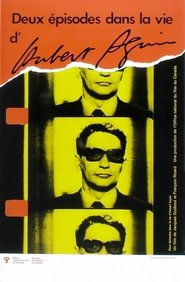 Documentary on the life of Hubert...
Documentary on the life of Hubert...Two Episodes from the Life of Hubert Aquin 1979
Documentary on the life of Hubert Aquin. Alive, he was a dazzling and extraordinary character. Dead, he is already legendary. From his legend, everything is both true and false. Neither biography nor critical work, this film is an evocation of his universe.
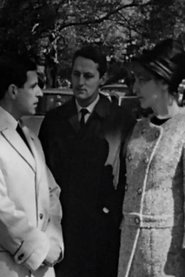 In this short fiction film Marie...
In this short fiction film Marie...La Fin des étés 1964
In this short fiction film, Marie has been living in the midst of a nightmare since the accident of Bernard, her brother. Clinging excessively to this handicapped being, she wants to take charge of it. Étienne, her fiancé, has no taste for sacrifice. He reproaches Marie for languishing in her adolescence. Love will prevail. In a definitive gesture, Marie will free herself from the bonds that still held her back to her childhood.
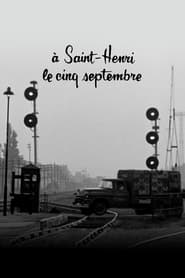 This short film is a series...
This short film is a series...September Five at Saint-Henri 1962
This short film is a series of vignettes of life in Saint-Henri, a Montreal working-class district, on the first day of school. From dawn to midnight, we take in the neighbourhood’s pulse: a mother fussing over children, a father's enforced idleness, teenage boys clowning, young lovers dallying - the unposed quality of daily life.
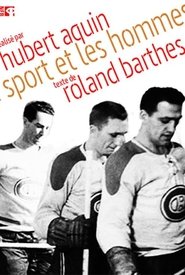 In 1961 philosopher Roland Barthes collaborated with...
In 1961 philosopher Roland Barthes collaborated with...Of Sport and Men 1961
In 1961, philosopher Roland Barthes collaborated with filmmaker Hubert Aquin to produce a film, for Canadian television, intended to reveal the poetics of sport and spectatorship. The question 'what is sport' is answered by Barthes' eloquently scripted commentary. The recurring theme of purging violence from society into the spectacle of sport runs through the film.
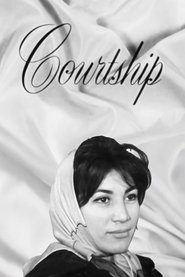 Ebrahim Golestans contribution to an anthology...
Ebrahim Golestans contribution to an anthology...Courtship 1961
Ebrahim Golestan's contribution to an anthology film about the rites of betrothal in four separate countries.
